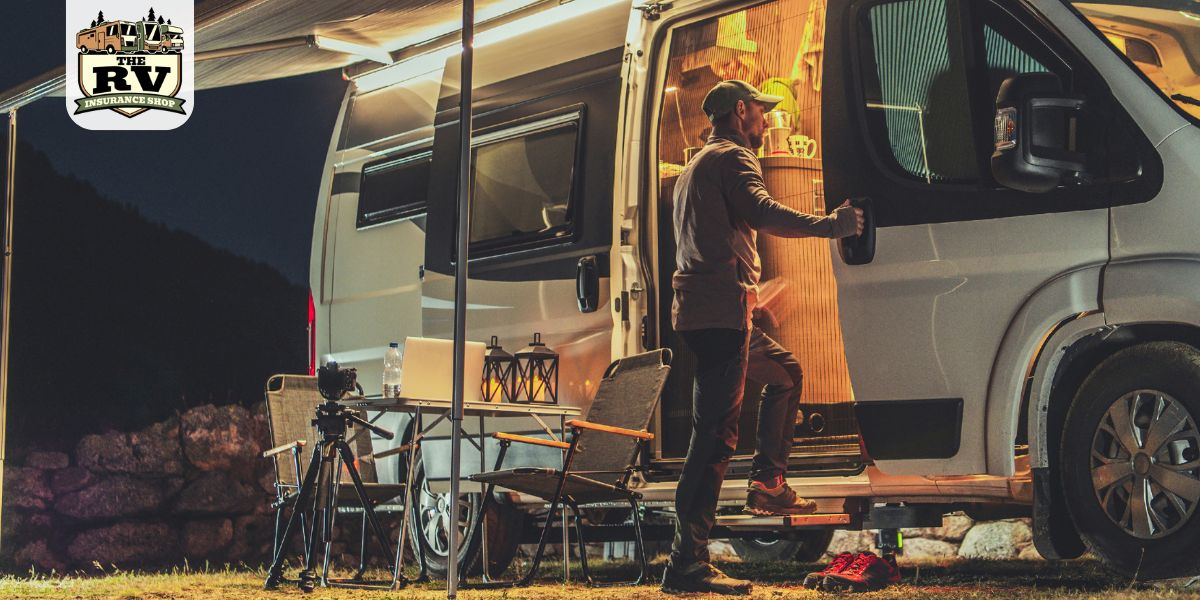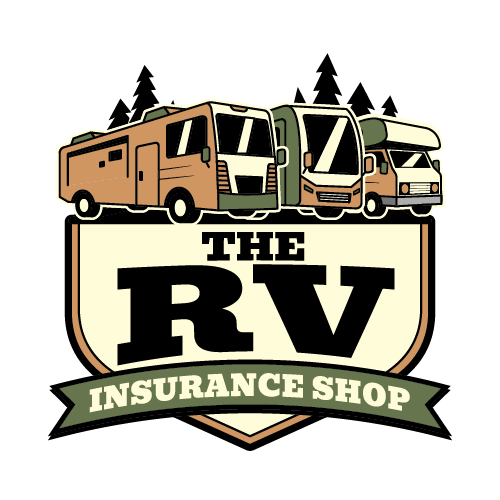10 Common Mistakes to Avoid When Buying RV Insurance

Purchasing RV insurance is a critical step in protecting your investment, whether you’re a full-time RVer or a seasonal traveler. However, the process can be complex, and making mistakes can lead to inadequate coverage, financial losses, or frustration down the road. In this article, we will explore ten common mistakes people make when buying RV insurance and provide insights on how to avoid them. By being aware of these pitfalls, you can ensure that you choose the right coverage and enjoy your RV adventures with peace of mind.
Mistake 1: Not Assessing the Value of Your RV Properly
One of the most common mistakes RV owners make is failing to assess the value of their RV accurately. Whether you’re insuring a brand-new motorhome or a vintage travel trailer, knowing its correct value is crucial. Underinsuring your RV could leave you without enough coverage to repair or replace it in case of an accident. On the other hand, over insuring could result in unnecessarily high premiums. To avoid this mistake, have your RV appraised or research its market value before purchasing insurance.
Mistake 2: Ignoring Full-Time RV Usage
Many people don’t realize that full-time RVers have different insurance needs compared to those who use their RVs part-time. If you live in your RV year-round, you require coverage that protects you not only while you’re on the road but also when your RV is parked. Full-time RV insurance often includes additional liability coverage and protection for your personal belongings, which are essential for those who make their RV their primary residence. Neglecting to mention your full-time status to your insurance provider can lead to insufficient coverage.
Mistake 3: Choosing the Cheapest Policy Without Research
It’s tempting to choose the cheapest insurance policy available, but this can be a costly mistake in the long run. Cheaper policies often come with limited coverage, high deductibles, or exclusions that may not be immediately apparent. It’s essential to read the policy details carefully and understand what is and isn’t covered. Additionally, consider the insurance provider’s reputation for customer service and claims handling. A slightly more expensive policy with comprehensive coverage and a reliable provider can save you money and stress in the event of a claim. Are you working with an RV Insurance Specialist? That’s very important.
Mistake 4: Not Considering Personal Belongings Coverage
Your RV is not just a vehicle; it’s also a home on wheels, often filled with valuable personal belongings. Many RV owners overlook the importance of insuring these items. Standard RV insurance policies may not cover personal belongings inside the RV, leaving you at risk if they are damaged or stolen. To avoid this mistake, make sure your policy includes personal effects coverage, or purchase a rider to cover high-value items. This way, you can travel with peace of mind, knowing that your possessions are protected.
Mistake 5: Failing to Understand the Policy’s Exclusions
Insurance policies are often filled with legal jargon, making it easy to miss important details. One of the most critical aspects to pay attention to is the policy’s exclusions—situations or items that are not covered by your insurance. Common exclusions in RV insurance policies can include damage from wear and tear, mold, or vermin, as well as certain types of personal belongings. Failing to understand these exclusions can leave you unprotected in scenarios you assumed were covered. Always take the time to read the fine print and ask your insurance provider to clarify any points you don’t understand.
Mistake 6: Overlooking Liability Coverage
Liability coverage is one of the most crucial components of RV insurance, yet it’s often overlooked. This coverage protects you if you’re found responsible for causing injury or property damage to others while using your RV. Given the size and weight of most RVs, accidents can result in significant damage or injuries, leading to costly lawsuits. Ensuring you have adequate liability coverage can protect your financial assets and provide legal defense if needed. Don’t make the mistake of skimping on liability insurance—it’s a small price to pay for substantial protection.
Mistake 7: Not Bundling Insurance Policies
If you already have auto, home, or other types of insurance, bundling these policies with your RV insurance can lead to significant savings. Insurance companies often offer discounts for customers who consolidate their policies with a single provider. In addition to cost savings, bundling makes managing your insurance policies more straightforward, with a single point of contact for all your insurance needs. Before purchasing standalone RV insurance, check with your current providers to see if bundling is an option.
Mistake 8: Underestimating Roadside Assistance
Breaking down in an RV can be far more challenging than in a standard vehicle due to the size and complexity of these vehicles. Underestimating the importance of roadside assistance coverage can lead to significant inconvenience and expense if you find yourself stranded on the side of the road. Roadside assistance for RVs typically includes towing, battery jumps, tire changes, and even help with lockouts. Ensure that your insurance policy includes this coverage or purchase it separately to avoid being caught off guard during your travels.
Mistake 9: Neglecting Seasonal Coverage Adjustments
If you only use your RV during certain seasons, you might be able to adjust your coverage during off-seasons to save money. Some insurance providers offer the option to reduce coverage while your RV is in storage, such as suspending liability coverage while keeping comprehensive coverage active. Neglecting to explore these options could result in paying for unnecessary coverage when your RV is not in use. Discuss seasonal adjustments with your insurance provider to tailor your coverage to your usage patterns.
Mistake 10: Failing to Review and Update Your Policy Regularly
Your RV insurance needs may change over time, whether due to modifications to your RV, changes in how you use it, or even shifts in your financial situation. Failing to review and update your policy regularly can leave you underinsured or paying for coverage you no longer need. Set a reminder to review your policy annually or whenever significant changes occur. Updating your policy ensures that your coverage remains aligned with your current needs, providing you with optimal protection and value. RV Insurance Specialists thrive on making certain you have the right protection.
Conclusion
Avoiding these common mistakes when buying RV insurance can save you from costly surprises and ensure that you have the right coverage for your needs. By properly assessing your RV’s value, understanding your coverage options, and regularly reviewing your policy, you can protect your investment and enjoy your RV adventures with peace of mind. Remember, a well-informed decision today can prevent future headaches, allowing you to focus on the road ahead.

